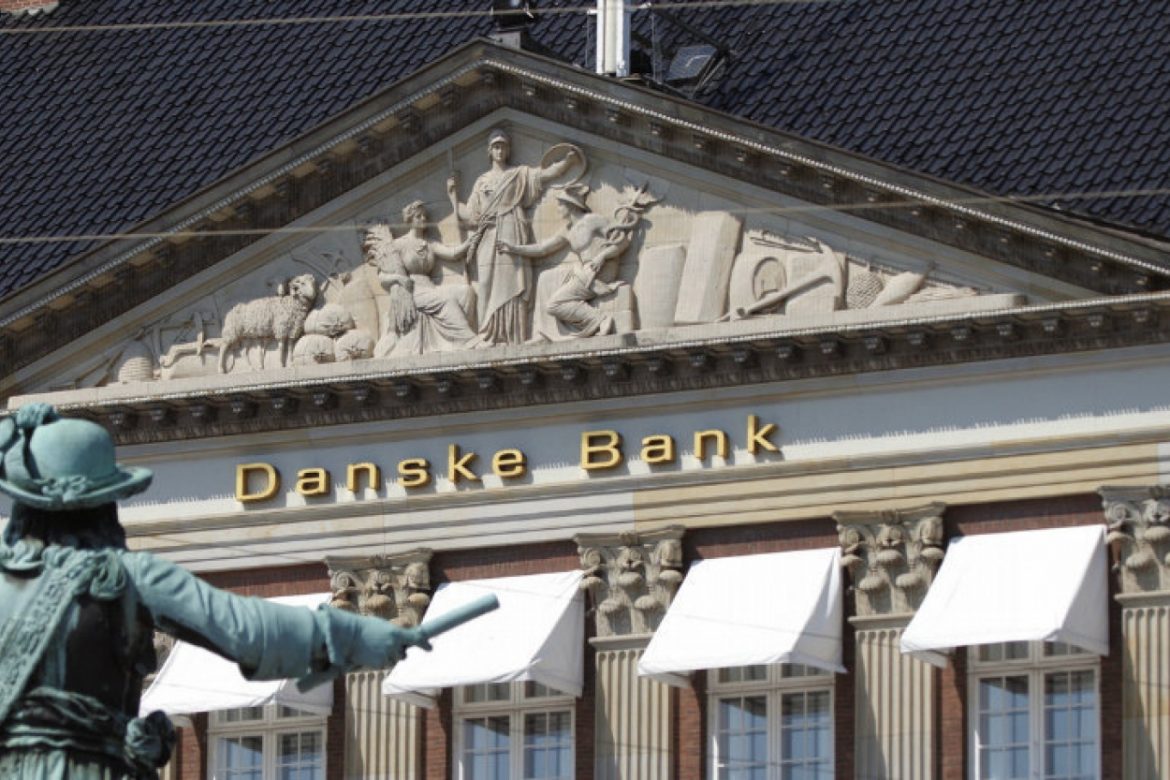Through the Estonian branch of Danske Bank could launder 7 billion euros: to this conclusion came the journalists of the Danish edition. This amount is about a third of the market value of Danske and about 3% of Denmark’s GDP. The sum makes about third of gross national product of Estonia.
Business Danish edition of Berlingske conducted its investigation regarding the activities of the Estonian branch of Danske Bank. The edition found out that the bank had laundered about 7 billion euros, this figure is more than twice that expected earlier. The bank does not yet disclose the specific names and names of companies that could participate in money laundering. After the article in Berlingske about the real amounts of money laundered in the bank, Danske Bank shares fell in price, writes Bloomberg.

The Bank also, since September 2017, has been conducting its investigation regarding the cash flows flowing through Danske Bank. The bank decided to study customer transactions, starting in 2007. The investigation was led by the former head of the Danish intelligence agency Jens Madsen. The bank hopes that in September this year the results of the investigation will be made public.
According to the press service of the bank, in Estonia all top managers of the unit are dismissed or suspended from work. In the event that it is proved that the actions of the bank’s employees were deliberately illegal, then the bank will transfer the cases to the police. The head office in Copenhagen is assured that they intend to clarify the whole situation to the very bottom and not to hide anything from shareholders and the public.
In October, the French authorities initiated an official investigation into Danske Bank; three months later, the authorities changed the status of the bank to “assistant witness”, which means that Danske Bank became part of the investigation, but not as a suspect.

In April, Lars Morkh, executive director of international banking services since 2012, resigned.
A month later, the Danish Financial Supervisory Authority (FSA) ordered the bank to increase its capital to absorb potential future losses by at least $ 781 million; saying that revenues exceeding 400% should have been a red flag. FSA CEO Jesper Berg said that evidence of wrong actions on the part of the bank is too subtle to initiate a criminal investigation.
Now the Danish politicians are calling for tougher laws and more extensive punishments, as the scandal affects the reputation of the country.
At the end of April, Danske Bank said that in the near future it will stop servicing private and business customers in the Baltic countries and will further focus in the Baltics only on servicing subsidiaries of Scandinavian clients and international corporations.


